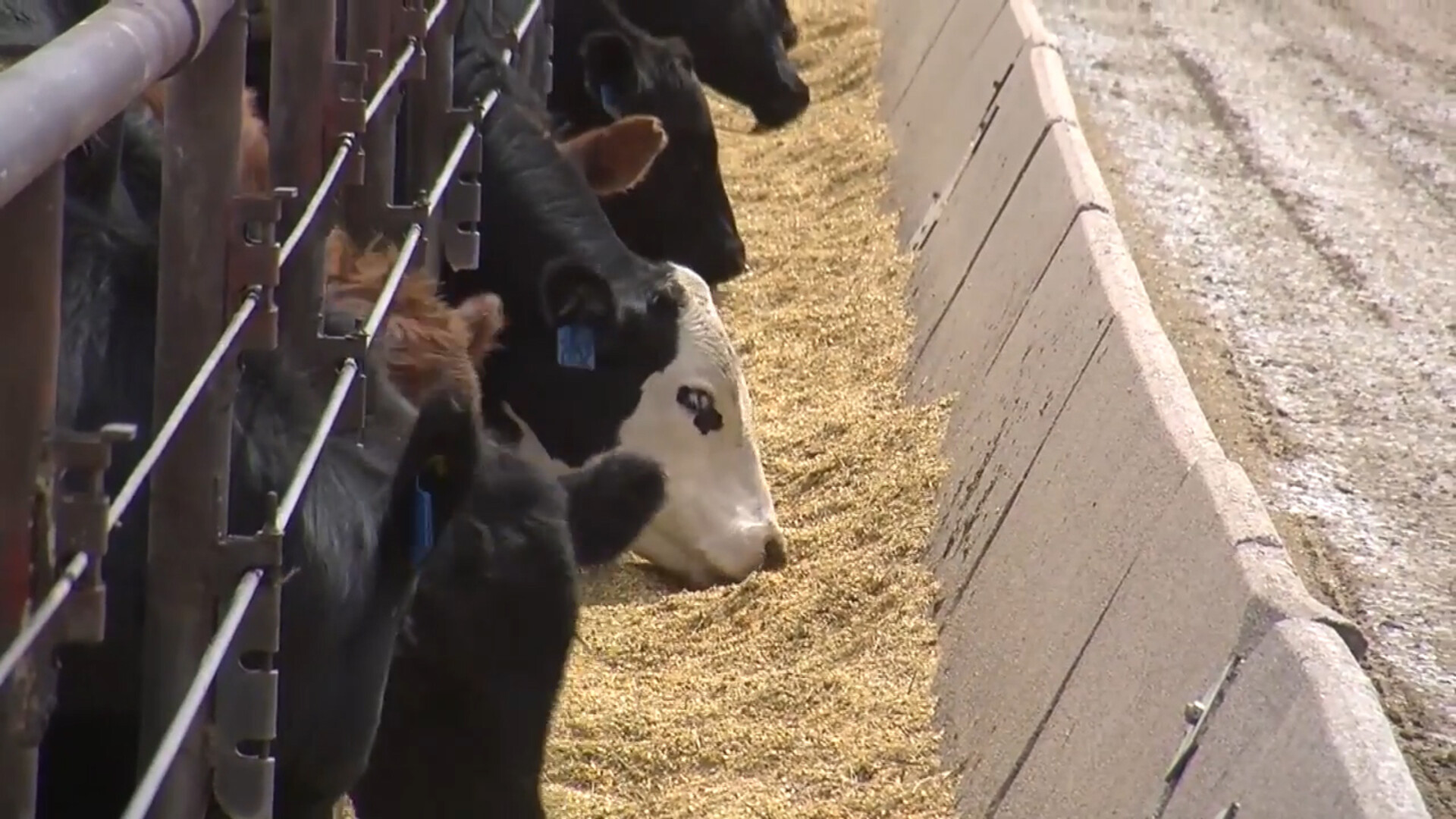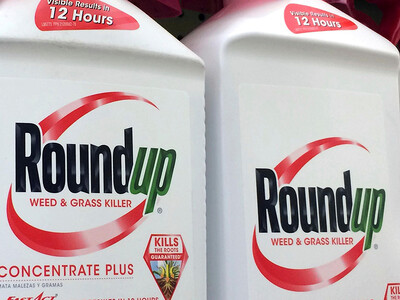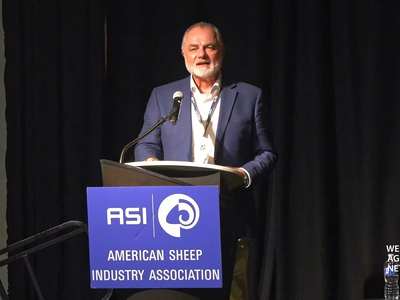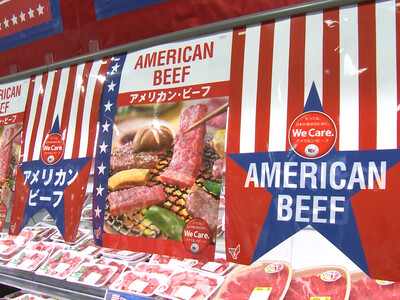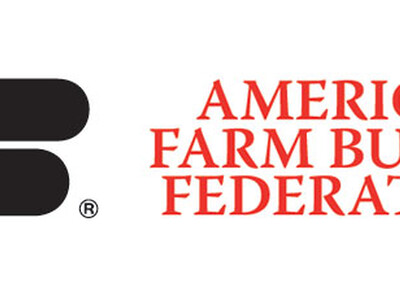BRD Detecting Dogs in Cattle
Two Texas A & M researchers are beginning the second round of training to determine if dogs can routinely and accurately detect bovine respiratory disease or BRD in cattle one of the largest health challenges for the feedlot industry.Working with a canine olfactory specialist from Texas Tech University, and a BRD expert from West Texas A&M, the two are attempting to duplicate the success of detecting and diagnosing diseases in humans. The team is starting their second study, utilizing cattle at the Texas A&M McGregor Research Center in Central Texas and guard dogs from the prison in Huntsville.
This technology could revolutionize how antimicrobial treatment is applied in commercial beef production. Currently, cattle health is evaluated at the group level, resulting in mass administration of antimicrobials to an entire group.
“If these dogs can discriminate between samples from sick and healthy cattle under highly controlled conditions, then producers could have another tool in their cattle-management toolbox when it comes to detecting BRD,” researcher Dr. Courtney Daigle said. “Also, these results may catalyze further research that could examine what compounds are responsible for those scent differences, leading to the development of sensors for BRD.
BRD is a leading worldwide cause of cattle morbidity and mortality due to the lack of reliable testing and limited vaccine efficacy; cattle with BRD are challenging to identify and diagnose; and the prevalence of BRD in U.S. feedlot cattle has been reported at 16.2%.
Though there’s plenty of work ahead, appropriately trained dogs able to accurately and rapidly predict BRD risk in individual cattle, and communicate that information to humans in real time, could result in a targeted approach to controlling BRD using antimicrobials.
Source: Fence Post Magazine and Western Ag Network


